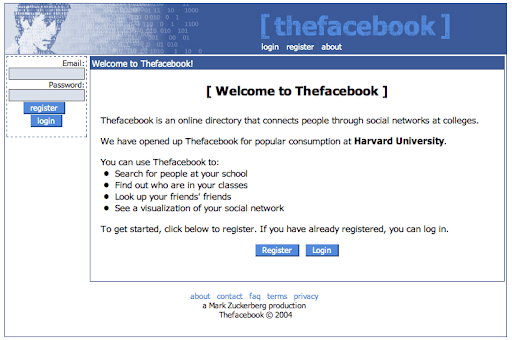
Simon Jenner
Thursday 30 July 2020

Confused about Lean Market Validation? Learn how to test your product idea, connect with your target market, and take the next steps to startup success!
Posted in:
Startups
We know you’ve heard of Lean Market Validation. It’s one of those buzzwords that keeps coming up as you’re working on the foundation of your business. But like Andy from Parks and Recreation, you don’t understand, and at this point, you’re too afraid to ask. Don’t worry, our fellow Andys, we’ve got your back with our Lean Market Validation 101 Crash Course. In its simplest terms, market validation is the process of determining whether the product you’ve thought of is of any interest to a target market. The goal of your market validation is to receive verification from your target market that they find the value in the product or service. You receive this validation through a series of research methods. It is vital to conduct this research before you make any significant investments of either time or money into your product or service. The research will give you a deeper understanding of the problems and solutions needed in your target market to help you create a better product. How to research Lean Market Validation There are three significant ways to conduct Lean Market Validation research. Interviewing your target audienceProof of ConceptPrototype Minimum Viable Product (MVP). However, before you get to this stage, you need to take the business, product, or service idea floating around in your head and get it on paper. This is not a business plan (too much will change for you to spend hours developing a business plan), but a rough outline of your business that should include customers, location, products, services, price points, and, most importantly, the problem you are setting out to provide a solution for. Some key questions to ask yourself: What problem are you attempting to solve? We’re sure your product is fantastic no matter what, but if it doesn’t solve a problem or fill a gap, many potential buyers might not see the value of the product. When you begin your research, you can quickly see if your product solves the problem, or if it is even a significant problem that needs addressing to those in the industry. How does the product or service solve those problems? Once you have your product idea written out, you can see the benefits for those with the problem. Does it make clients more money? Save them more time? Elevate obstacles? Entertainment? Think Limber, the app for restaurants with limited staff. Restaurants post the low staffed shift on the app, where they need extra hands on deck. Those registered to the app can decide if they want to work that shift for some extra cash. It quickly solved issues for restaurants who needed help and those who needed some fast money in their pocket. The app promptly solved a severe gap that had plagued the service industry for decades. Who is your customer? If you’re trying to solve an issue in the beauty industry, you quickly know your customers will be salon owners, makeup artists, and beauty stores. Your product should not aim to service the entire world’s population. Niche your product, and niche hard. Reflect on the problem you’re trying to solve, how your product solves those problems, and who needs the solution you have created. What is a Minimum Viable Product? Here are Million Labs, we believe your Minimum Viable Product (MVP) is the most crucial part of your entrepreneurship journey. An MVP is your idea developed with just enough features to function properly, but not a full-scale product, so that early users can experience the product and give feedback. MVPs allow potential buyers and entrepreneurs to see if the product:Solves the problem they set out to help withOffers significant value Demonstrates people will purchase or use the productProvides live feedback from users on any changes needed A majority of the most prominent tech companies started with an MVP: Facebook, Twitter, Airbnb, Stripe, Zappos, Dropbox, and Twitch, to name a few. You might well have heard of them.
Ready to launch your startup idea with an MVP?
Download our step by step guide for non-technical founders to create a startup Minimum Viable Product (MVP)
Get the eBook

